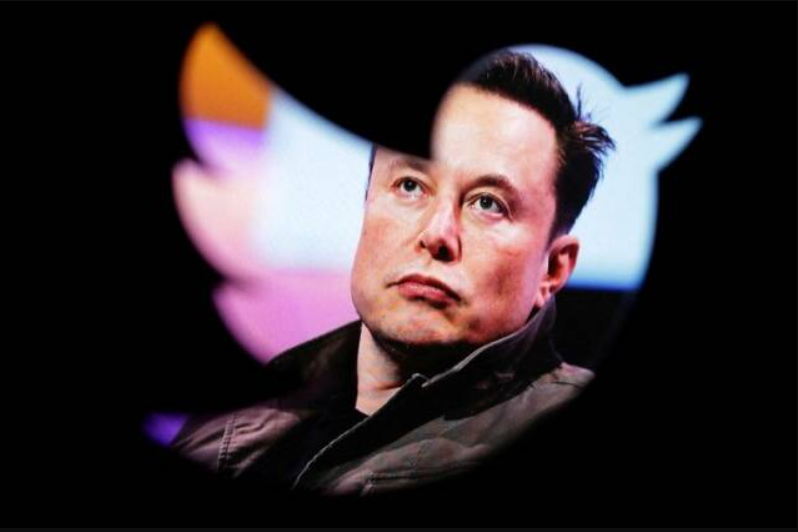“Res ipsa loquitur”—a thing that speaks for itself—is widely used in law. This principle applies to negligence lawsuits and establishes that a person exceeded their legal responsibility by acting more recklessly than a normal person would. This idea applies to injuries caused by carelessness.
Elon Musk said last week that old verified accounts would lose their blue ticks by April 21. Since his $44-billion purchase of the social networking site last year, we have felt a sense of déjà vu, but “this time” it seems to be happening. The blue tick will disappear without an $8 membership fee.
The White House, New York Times, and celebrities like LeBron James have publicly refused to pay for Twitter Blue. Government accounts like the White House will utilize “grey ticks,” while companies may pay $1,000 for “gold” ones. In a sea of colorful ticks, will the unsuspecting user be able to distinguish them different, or would the new “ticks” result in a flood of meaningless adornments?

Elon Musk’s commitment to transparency comes at a cost.
For many, the “blue tick” symbolized legitimacy, authenticity, renown, power, and glory. Something just for the best people, organizations, and businesses. This type of “verification” promoted a virtual “laal-batti” culture. It gave certain users virtually feudal rank for authentication. Most applicants wondered why they weren’t accepted into this elite club. Was it their lack of followers, reputation, newly released work, or something else?
Twitter didn’t give reasons for rejecting blue tick applications, therefore the system was a mystery. As optimistic people would say, the new blue tick method is more transparent. Twitter’s unprecedented transparency, despite its collapse, comes at a cost.
Last year, US-based insulin producer Eli Lilly And Co. lost billions when its share price fell 4.73 percent due to a tweet from a blue-tick verified but fraudulent Eli Lilly account declaring, “We are excited to announce insulin is free now.” A bogus OJ Simpson account bought the blue tick before the actual one, confounding swarms of people.
Does authenticity cost? Musk’s quest for “free speech” and “power to the people” is being hampered by trolls and criminals finding new, innovative ways to impersonate and scam people worldwide, but we have also seen a rise of homegrown communal accounts openly indulging in hate speech while flaunting their store-bought blue ticks. Some of these accounts spread misinformation, but Twitter’s new policy may favor their material because they paid Rs 655.

There is a cost to the Elon Musk-inspired emphasis on openness.
This new, seemingly level playing field offered by the great equalizer—money—brings new challenges of giving equal space and opportunity to all users, not just in terms of tick color but also in terms of word limits per tweet and reach that initially everyone had.
Politicians, celebrities, sports, media people, and others use Twitter to communicate their opinions. These public individuals might communicate with “the people” directly. It now spreads disinformation, bots, and phony accounts. Mastodon, Post, and HiveSocial users leave Twitter due to its lack of originality and veracity.
As individuals without blue ticks celebrate the loss of others with schadenfreude, my own blue tick’s approaching departure is ironic. I could have bought a blue tick if I had a rupee for every time somebody commented on Twitter’s “transparency” for sale.

